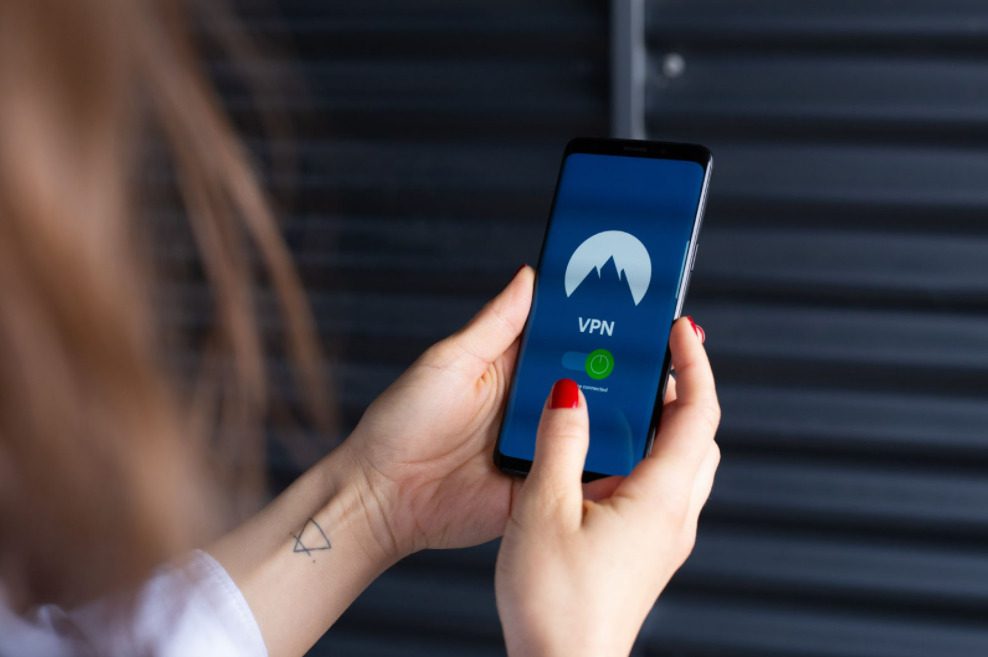When trying to keep your online business secure, many businesses make the mistake of focusing on software and hardware security. However, in this age of technology, there are several additional ways any company can increase their own system’s security.
Here Are 10 Ways How You Can Secure Your Company’s Data
1) Be Careful Who You Give Information To
Many businesses will hire third-party help for various things such as website building and maintenance, IT work, etc.
While this can save a company money when they could hire an in-house worker who does the same job, it is important to keep in mind that outside people have easier access to your company’s information which means you should only give them the amount of information they need to complete their task and in order to prevent credential stuffing. Also, make sure all files or other materials sent back and forth are using Encryption.
2) Keep Your Software Up-To-Date
This may seem simple enough, but there are still several companies that neglect to do it. As soon as a new patch for a program is released, you should download it immediately.
That is because when flaws are discovered within programs or operating systems, they are quickly publicized, which leads to hackers creating attacks that exploit said loopholes.
These exploits are then shared amongst other hackers, making them available to use against anyone who hasn’t patched their software yet—which is almost always the majority of users.
3) Install an Antivirus Software
With how frequently hackers are creating new viruses, trojans, and other malicious programs, it is practically imperative to have some sort of virus protection installed on your computer or mobile device.
Even if you’re a very careful person, there’s still a chance that you could wind up infected with something you did not agree to download without this type of software in place. Although it may seem like a lot for a company to pay for a program, they probably only use a few computers.
Still, it can be worth it when you think about what would happen if someone threatened to release confidential information from the company if payment wasn’t made. Not only would it be cheaper to pay for the antivirus, but the company’s reputation could potentially be saved since they would practically be acting how any reasonable person should (paying to keep their private files safe).
4) Never Leave Your Systems Unattended
If you leave your system unlocked while going on a short break, there is a chance someone could sneak onto your PC or even use it from another location if they have physical access to it.
It may seem like overkill at times, but having some sort of security system in place, such as a screensaver requiring a password when you come back from a break or even logging out of your account, can save you from potential issues in the future.
5) Enable Your Firewall & Use Encryption
A firewall is basically a protective wall around your network that will block any unauthorized connections from originating from the outside world and prevent them from ever reaching their intended target—your PC.
On the other hand, encryption works by taking whatever data is stored and scrambling it up so that it becomes impossible to read—especially for those who don’t have the decryption key.
Both of these options are equally important because they help provide a final line of defense in case you were ever hacked or infiltrated by another source.
6) Get Rid of Unused Accounts
Not using an account doesn’t mean it’s completely useless when it comes to security because if someone finds out what the login information is, they could use the account when you aren’t watching.
If there’s an account that you don’t use anymore or never plan to use again, try deleting it from your systems so that there won’t be anything for anyone else to find in case they decide to take a peek into your company’s chart.
7) Create an Incident Response Plan
An incident response plan is something that most companies with proper security systems will have because it’s basically a map of what to do in case anything happens to your data or your system.
This way, if your company ever suffers from any kind of network infiltration, you can follow the pre-written instructions without having to think twice about the best move.
When creating an incident response plan, make sure not to use generic documentation but rather specific ones created for your business alone—this way, hackers won’t be able to beat you simply by reading up on industry-specific plans before attacking.
8) Invest in Multi-Factor Authentication
Multi-factor authentication basically works like an upgraded version of two-factor authentication because it requires more than one way for someone to gain access to your company’s data.
While this may not be an option that most businesses can afford, those businesses with large budgets will find this method much more secure than just using a username and password alone.
It’s good to note, though, that other than the additional step of needing another form of identification to gain access, multi-factor authentication methods work just like two-factor authentication, so the ease of use remains almost exactly the same.

9) Use a Virtual Private Network (VPN)
VPNs basically force you to connect to the internet via their own secure servers before allowing you onto any website or system—making it much harder for hackers and cybercriminals to steal your valuable information while online.
Make sure that your VPN is up-to-date with all necessary patches before using it because if not, then you’ll end up exposing yourself even further to hackers, and there’s no point in having another layer of security if that second layer isn’t working properly.
10) Use Trusted Systems & Software
Using trusted software and systems isn’t necessarily about having better software but rather just sticking with what you know works well without putting yourself in danger.
Unfortunately, many companies will try to resolve security holes and network infiltration by updating to the latest software or system without realizing that this can often lead them to be hacked more.
In Conclusion
Don’t mess around with your company’s online security; make sure everything is locked down tight before letting anyone near your network or any of your company’s sensitive information—it could save you a lot of trouble later on!



































